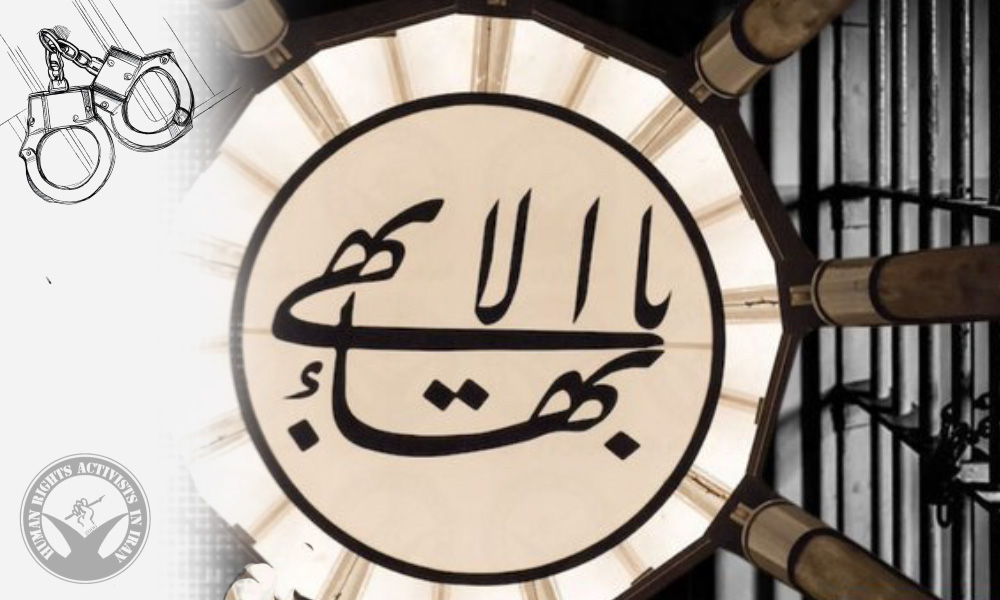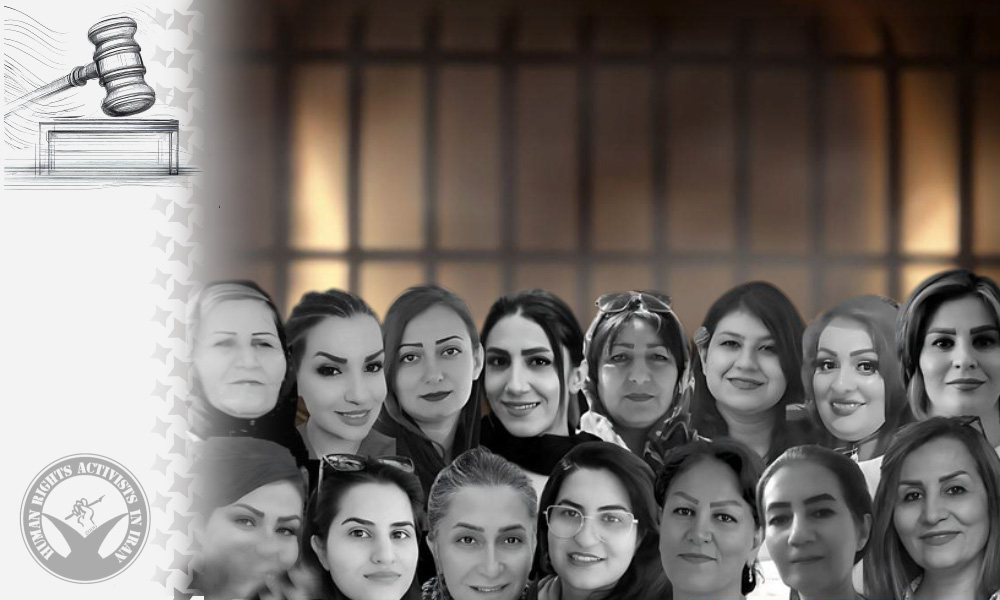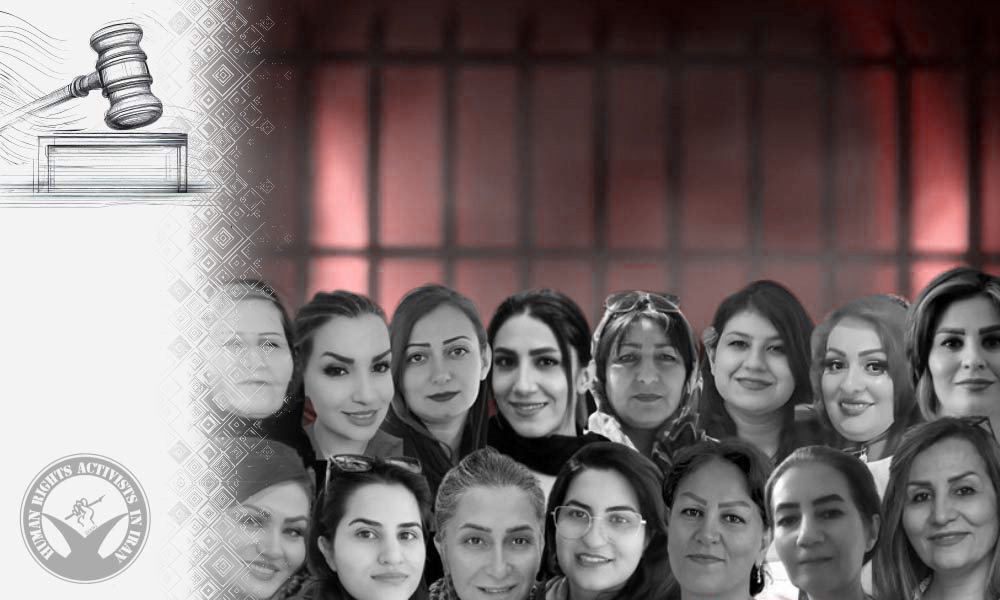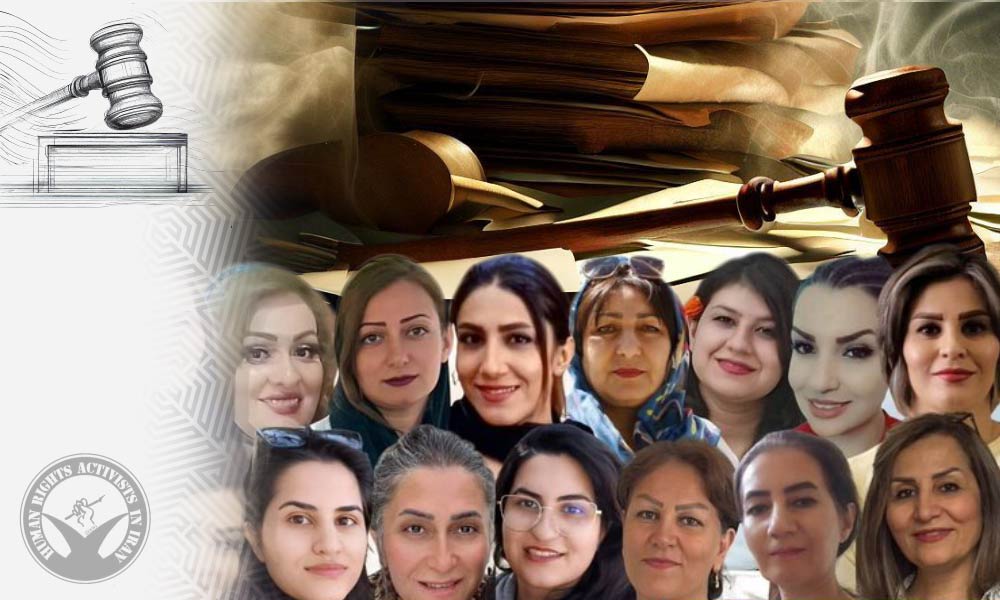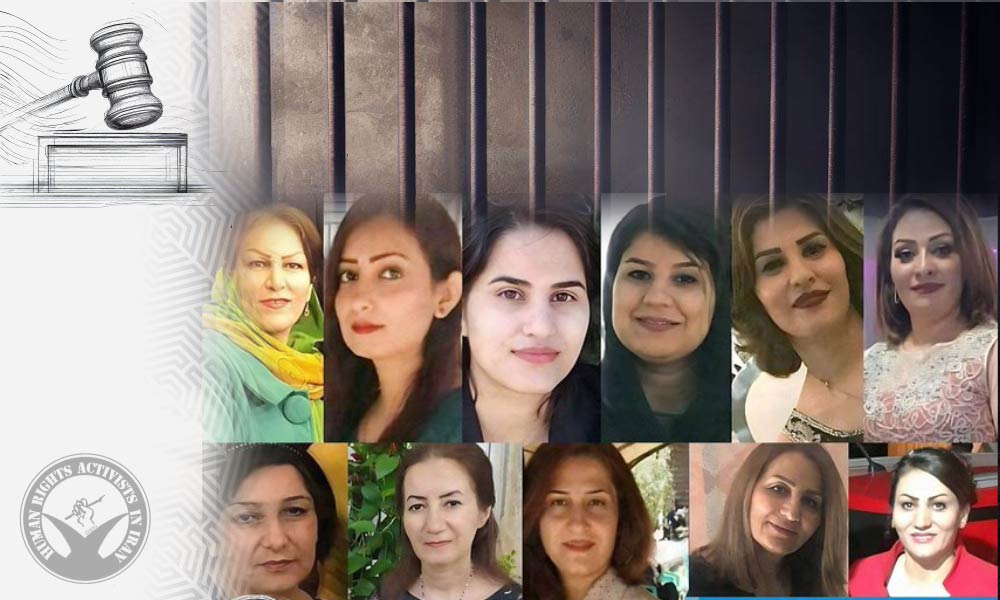HRANA– This report presents a statistical and analytical review of actions taken by security and judicial authorities against the Baha’i community in Iran. It is based on the collection, analysis, and documentation of 636 reports published by HRANA over the past five years (August 2020 to August 2025) regarding violations of the rights of Baha’i citizens.
Over this five-year period, HRANA’s Statistics Department has documented at least 284 arrests of Baha’i citizens, along with 270 summonses to security and judicial bodies. There have also been 419 home searches, 57 incidents of preventing economic activity, 3 cases of cemetery destruction, 27 confiscations of homes and properties, 1 case of refusal to hand over a body, 4 cases of preventing burials, 108 instances of prison sentence enforcement, 127 travel bans, 9 physical assaults, 106 denials of access to education, 147 trials, and 19 interrogations in security or judicial institutions.
In total, 388 Baha’i citizens were sentenced to 17,948 months of imprisonment (equivalent to 1,495 years and 8 months). This includes 17,324 months of enforceable (ta’zir) prison terms and 624 months of suspended sentences. Of this total, appellate courts issued 6,012 months of prison terms. Additionally, 91 individuals were fined a combined 503,510 million tomans, and 103 were sentenced to deprivation of social rights. Twenty-five people were also sentenced to a combined 600 months of exile.
The data show that the third year of this period saw the highest number of reports (162), while the fourth year recorded the most arrests (76) and the longest cumulative prison sentences (5,220 months). These figures point to a continuation—and in some cases, intensification—of judicial actions against Baha’i citizens in the later years of the reporting period.
The table below illustrates changes in the number of reports, arrests, and total prison sentences issued between August 2020 and August 2025.
| Reporting Year | Number of Reports | Arrests | Total Prison Terms (months) |
|---|---|---|---|
| First Year (Aug 2020 – Aug 2021) | 90 | 28 | 3361 |
| Second Year (Aug 2021 – Aug 2022) | 104 | 46 | 1588 |
| Third Year (Aug 2022 – Aug 2023) | 162 | 74 | 3687 |
| Fourth Year (Aug 2023 – Aug 2024) | 161 | 76 | 5220 |
| Fifth Year (Aug 2024 – Aug 2025) | 119 | 60 | 4092 |
Annual Number of Recorded Reports (Aug 2020 – Aug 2025)
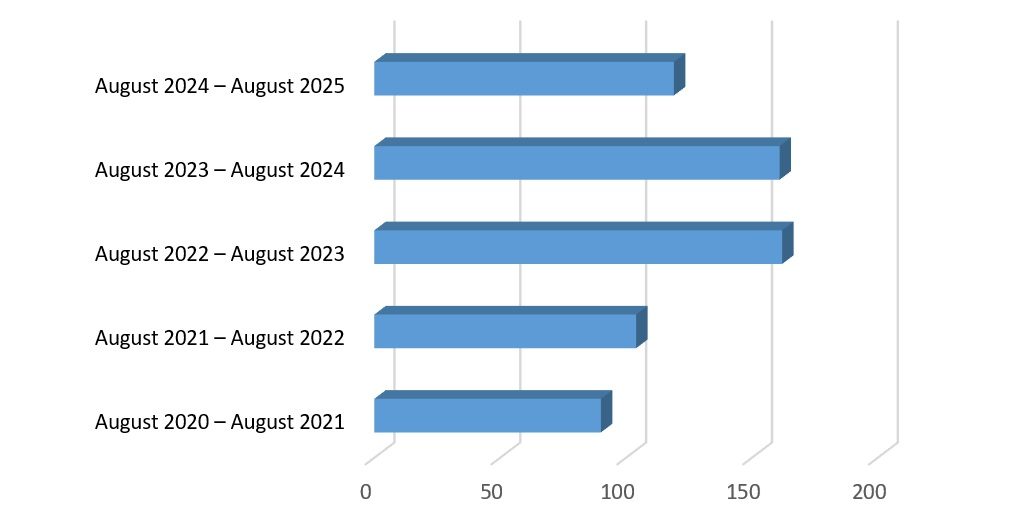
Annual Number of Arrests of Baha’i Citizens (2020–2025)
Analysis of the five-year data shows that violations of Baha’i citizens’ rights have been recorded across a wide geographic range in Iran. Tehran Province tops the list with 117 reports, followed by Fars (78), Mazandaran (70), Isfahan (63), and Alborz (56).
Khorasan Razavi, Kerman, Yazd, and Gilan provinces also rank high, reflecting a notable concentration of security and judicial actions against the Baha’i community in these regions. At the same time, documented violations extend to provinces with smaller populations or limited media coverage—such as Kohgiluyeh and Boyer-Ahmad, Ardabil, Qom, and Chaharmahal and Bakhtiari—underscoring the nationwide scope of the repression.
Volume of Reported Violations of Baha’i Rights by Province

Some of the human rights violations described in this report are of a nature specifically tied to the Baha’i community in Iran. These include deprivation of economic and educational opportunities, obstruction in burial and funeral arrangements, destruction of cemeteries, confiscation of property, and structural discrimination based on religious belief. Such cases are specific to Baha’is and rarely appear in broader, general reports, underscoring the need for dedicated and specialized reporting on violations targeting this community.
Among the Baha’i citizens currently imprisoned are:
Farkhandeh Rezvan Pey, Nasrin Khademi Ghaqarakhi, Roya Azadkhosh, Sara Shakib, Boshra Motahar, Mojgan Pourshafe Ardestani, Maryam Khorsandi, Shurangiz Bahamin, Sanaz Rasteh, Firoozeh Rastinejad, and Azita Rezvani Khah (in Dolatabad Prison, Isfahan);
Behnam Momtazi (in Choobindar Prison, Qazvin);
Anisa Fanaeian (in Semnan Prison), Sepehr Ziaei (in Evin Prison);
Golnoosh Nasiri, Farideh Moradi (in Vakilabad Prison, Mashhad);
Arshia Rouhani, Arash Nabavi, Hamid Monzavi (in Dastgerd Prison, Isfahan);
Houshider Zarei (in Adelabad Prison, Shiraz);
and Paridokht Shojaei (in Kerman Prison).
Among Baha’i citizens who have faced judicial verdicts during the five-year period, some have been sentenced to heavy and long-term prison terms, in some cases exceeding 10 years. These verdicts have often been issued without observing fair trial standards and on charges such as “propaganda against the regime” or “forming illegal groups.” Such heavy sentences reflect the severity of judicial measures against the peaceful religious activities of Baha’i citizens and the continuation of a systematic policy of repression targeting this community.
Notable individuals facing heavy prison sentences include:
● Ne’matollah Shadpour, Nima Shadpour, and Shafigh Eslami, collectively sentenced to 51 years in prison;
● Shahdokht Khanjani, a Baha’i citizen from Semnan, sentenced to 16 years in prison;
● Sanaz Tafazoli, sentenced to 10 years and 9 months in prison
● Enayatollah Naeimi, sentenced to a total of 15 years in prison, and
● Vesal Momtazi and Anisa Samieian, a Baha’i couple, collectively sentenced to 9 years and 6 months in prison.
| Monetary Fine (million tomans) | Prison Term (months) | Number of Sentences Issued | Court Branch | Judge Name | Picture |
|---|---|---|---|---|---|
| 542 | 1996 | 41 | Branch 1 of the Shiraz Revolutionary Court | Seyed Mahmoud Sadati | 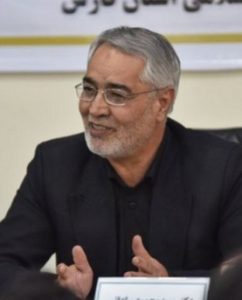 |
| 50 | 1447 | 32 | Branch 36 of the Tehran Court of Appeals | Abbas‑Ali Houzan |  |
| 1,800 | 2220 | 28 | Branch 1 of the Isfahan Revolutionary Court | Mohammad Reza Tavakoli |  |
| 5 | 1056 | 26 | Branch 37 of the Fars Province Court of Appeals | Saeed Bolandzadeh | 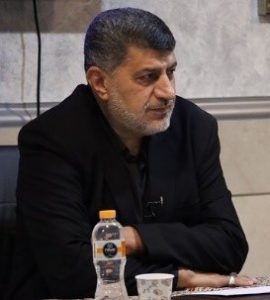 |
| 560 | 72 | 14 | Branch 9 of the Mazandaran Court of Appeals | Elias Shakeri |  |
| – | 525 | 13 | Branch 28 of the Tehran Revolutionary Court | Mohammad Reza Amouzad |  |
| – | 705 | 12 | Branch 1 of the Mashhad Revolutionary Court | Seyed Hadi Mansouri |  |
| – | 828 | 11 | Branch 26 of the Tehran Revolutionary Court | Iman Afshari |  |
| 408 | 332 | 9 | Branch 3 of the Rasht Revolutionary Court | Mehdi Rasekhi |  |
| – | 195 | 9 | Branch 4 of the South Khorasan Court of Appeals | Ebrahim Ramazani | 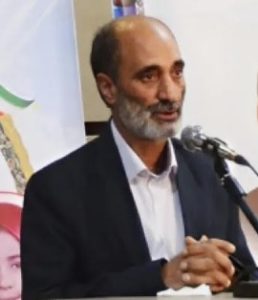 |




